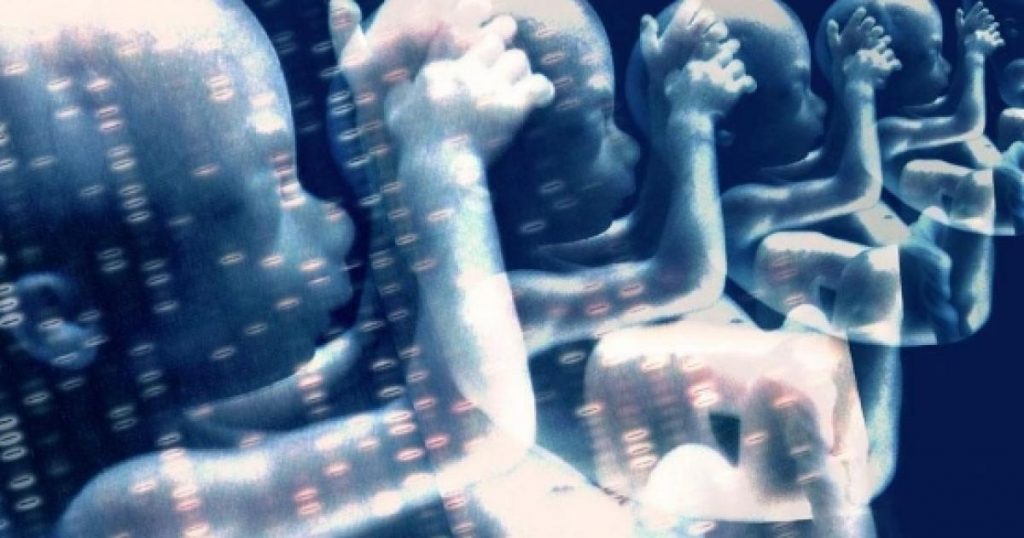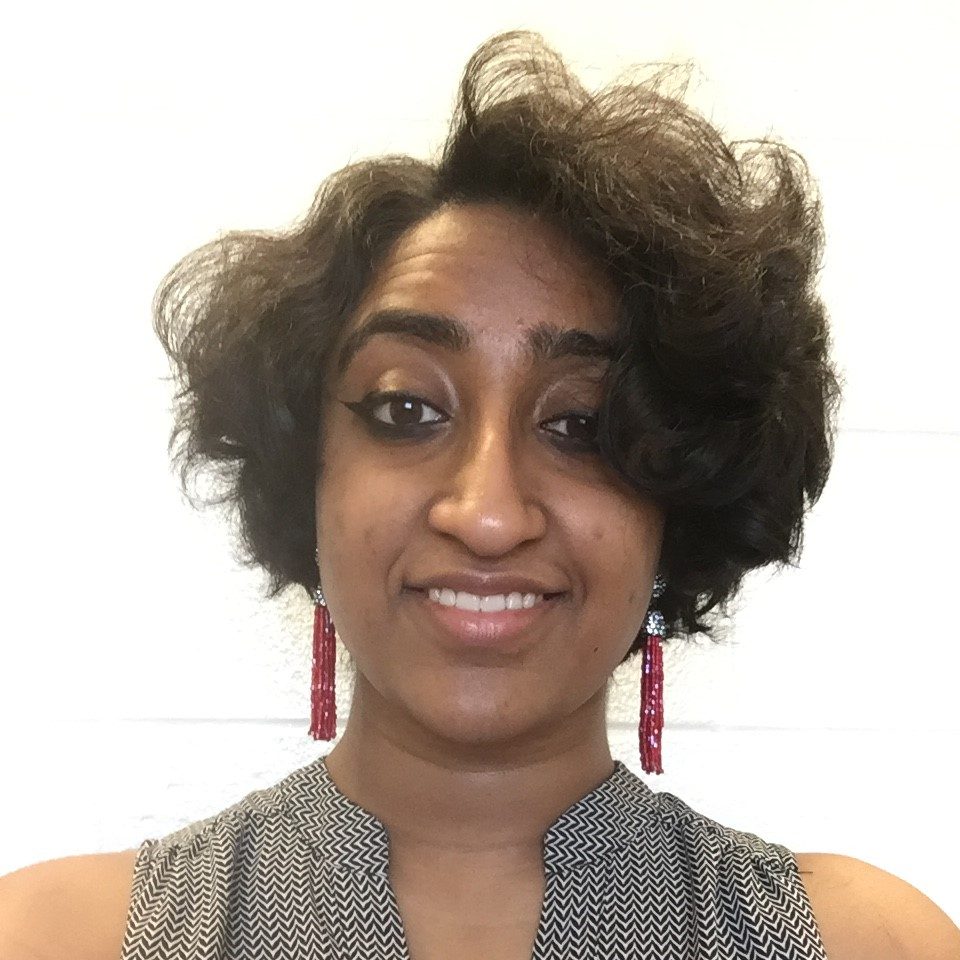CRISPR People
Huang Fellow Gayatri Chintala Reflects on a Conversation with Professor Hank Greely on CRISPR - the Huang Fellows Welcome Event
That seemed like a strange question to ask. After all, we are all undergraduate students, still unsure of our futures and the directions of our passions. What are we inventing or creating at this moment that could lead to consequences on that scale? But that was when Professor Greely told us about current CRISPR/Cas9 technology.
In his discussion, he focused on the actions of scientist He Jiankui, who successfully created the world’s first genome-edited babies. Professor Greely took great pains to describe to us the immorality and irresponsibility of the act- however, he acknowledged that this kind of horrifying scientific experiment had been done before and probably will continue given the nature of institutions of research. In fact, Professor Greely brought up the atom bomb next.
These were American physicists who simply worked on the greatest breakthrough in atomic power; these American scientists who were just dedicating themselves to their life’s greatest work.
These were the same scientists who were responsible for the deaths of thousands.
Where does advancement take precedence over ethics? Where is that line drawn? Are we even capable of drawing that line?
Taking a look at the CRISPR/Cas9 technology itself, it seems we’re at a crossroads. It’s a remarkable piece of technology that could help treat a lot of gene-based illnesses- current developments include treating different forms of cancer, sickle cell anemia, and HIV/AIDS. In fact, scientists at Duke are working on this technology right now! Most scientists planning to work in gene therapy either have worked with CRISPR or are very familiar with it. However, there is no limit to what this technology could also do with malicious intent. “Designer babies” comes to mind. So does biological warfare.

I don’t say all this to scare myself or the public. Rather I think it’s a reminder of why ethics matter so much to science. It’s impossible to limit discovery, and it could be argued that attempting to do so is unethical in and of itself. Instead, we come to the ultimate “Science and Society” question. How do we practice science in such a way to eliminate or limit the abuse of research and maximize the wellbeing of citizens?
That was actually the question posed to me by Professor Buz Waitzkin in my interview for the program. For the previous twenty minutes I had animatedly talked about my love of knowledge and discovery- one could say I was ready to pursue knowledge at any cost. But Buz stopped me and asked me how this knowledge could be used for the benefit of society. I was stumped.
To be honest I’m still stumped. It’s not an easy question to answer. Right now, CRISPR/Cas9 is providing a lot of good to a lot of people. Is our system organized in such a way that CRISPR/Cas9 can only provide good people? No, it isn’t.
Professor Greely proved that. But I can say for sure that’s a question good people are focused on asking. Everyone involved in Science & Society is dedicated to balancing the drive of science with the betterment of society, and I’m grateful to be given an opportunity to explore these questions with them.
As I get ready for this summer with the new Huang Fellows class, I can find myself looking forward to not only exploring scientific research but the consequences of it.
Gayatri Chintala, Huang Fellow ’24
 Gayatri is from Northern Virginia and intends to pursue a Program II in Computational Neuroscience.
Gayatri is from Northern Virginia and intends to pursue a Program II in Computational Neuroscience.

